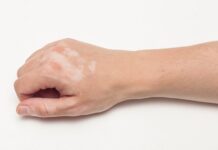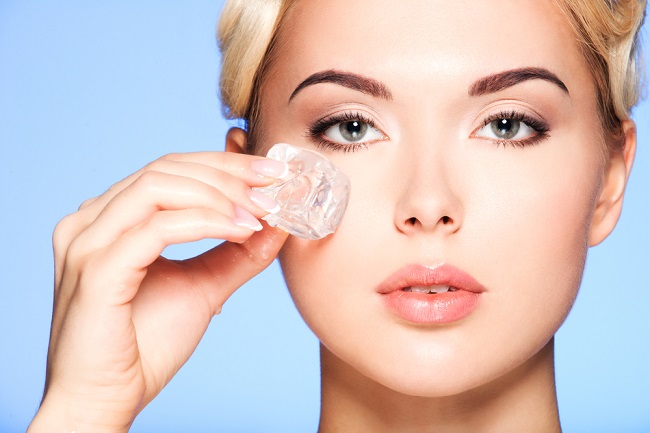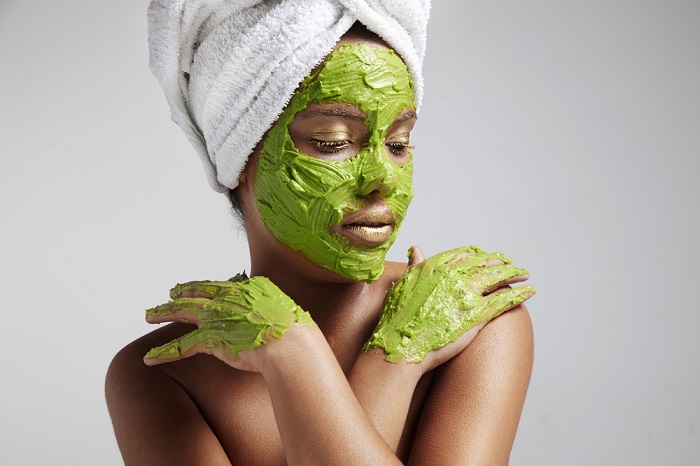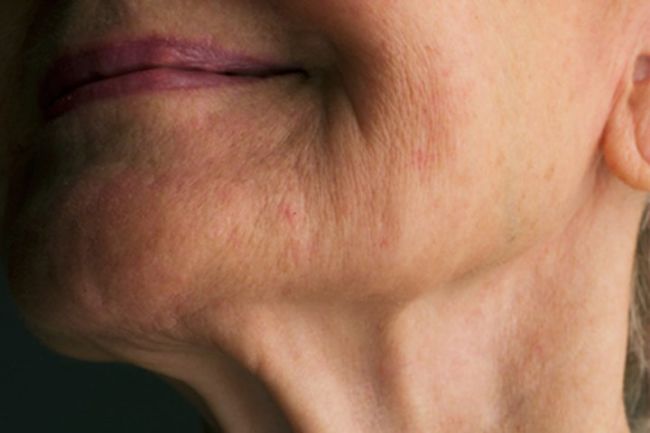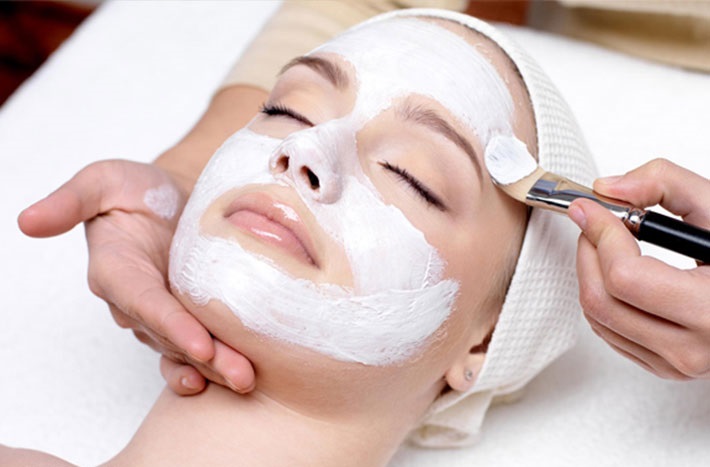Our screens are not friendly to our skin, emit rays and cause other damage that can be very harmful not only to our physical appearance. Fortunately, we found tips to save your face and ensure that your skin is not totally harmed.
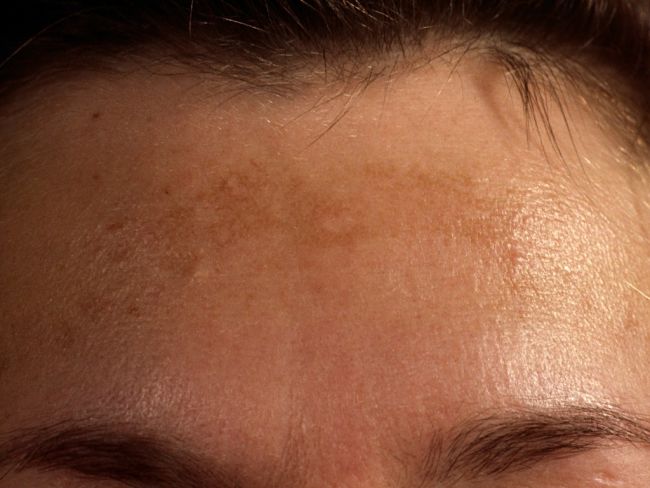
It’s becoming increasingly clear that while we can’t live without our phones —a study found that we’re nervous and less content and even worse cognitive performance when we’re separated from them. We can’t exactly live with them. Either; they have been blamed for everything from insomnia to loneliness and even divorces.
The cell phone can stain your skin even more
Now there is a new flagellum to add to the list. It turns out that our devices present numerous risks to the health of our skin that no Snapchat filter can fix. Here’s the news and a new protection plan that you should implement.
We all know about the danger of the sun’s ultraviolet rays, but now research points to infrared and high visible energy (HEV) light that comes from everyday objects like your phone as the culprit for spots on your face, worsening the cloth on your face and even aging prematurely.
What is infrared light (HEV)?
The sun radiates energy in the form of wavelengths ranging from very short at one end of the spectrum (gamma rays) to very long at the other end (radio waves). The longer the wavelength, the deeper the penetration of energy into the skin. “HEV light refers specifically to the high-energy band of visible light in the blue/violet spectrum that has the shortest wavelength,” explains Boca Raton dermatologist Jeffrey Fromowitz, MD. “And that kind of light seems to behave similarly to ultraviolet light.” These are the strange ways the sun affects your body.
The cell phone screen is aging your face
The culprit for premature wrinkles that develop on the face, especially those closest to the eye area, is blue light from the TV, computer or mobile phone, also known as high-energy visible light (HEV), and is said to penetrate the skin more deeply than UV rays and damage collagen, hyaluronic acid and elastin.
There is some evidence that light can also worsen pigmentation problems, producing melasma (brown spots) or aggravating its appearance in those who already suffer from it.
Dark spots
How the problem occurs: Do you probably remember having conversations for several hours until you felt your phone very hot on your cheeks? Well, that overheating can cause major skin problems.
The added heat can interfere with melanin production, causing dark spots to form and increasing skin discoloration; now imagine someone who already suffers from stain problems on the face, and you can guess how their problem will get worse.
How can you take care of your face and eyesight?
When it comes to protecting the skin from the sun’s rays, you need to stay in the shade, wear sun-protective clothing, and put on a hat. While those habits will help you fight against UVA and UVB light, they won’t protect you from HEV. “At the end of the day, the most important thing is to limit screen time.” “It’s the only thing that helps combat exposure, not to mention that it will help regulate your sleep patterns.”




